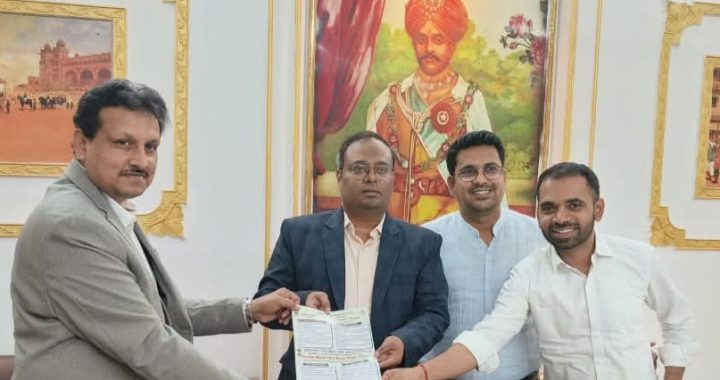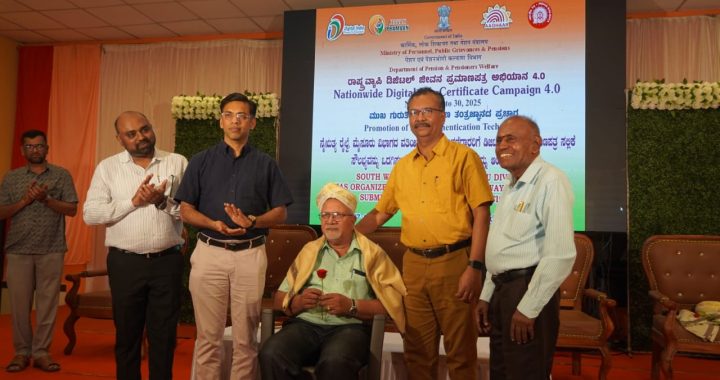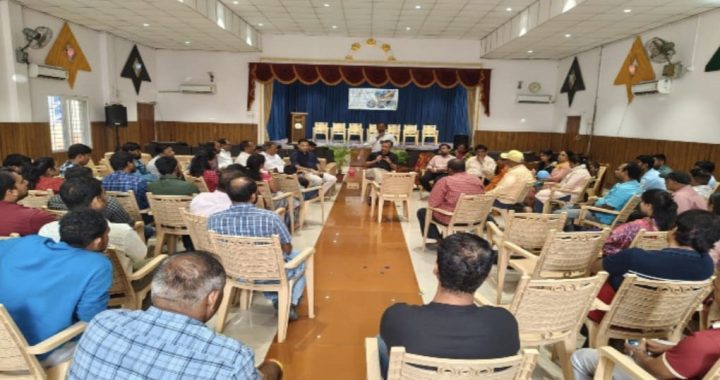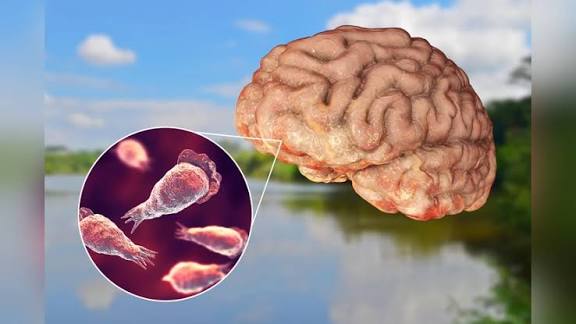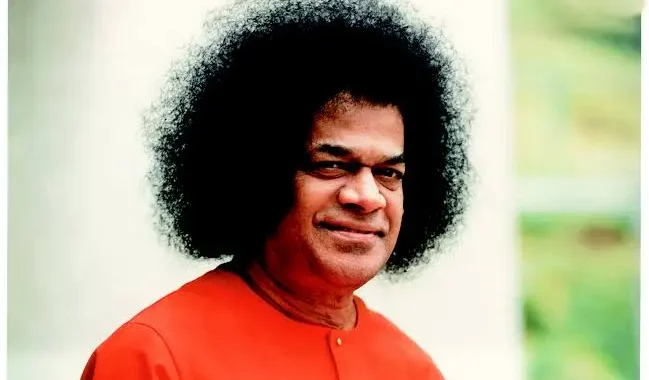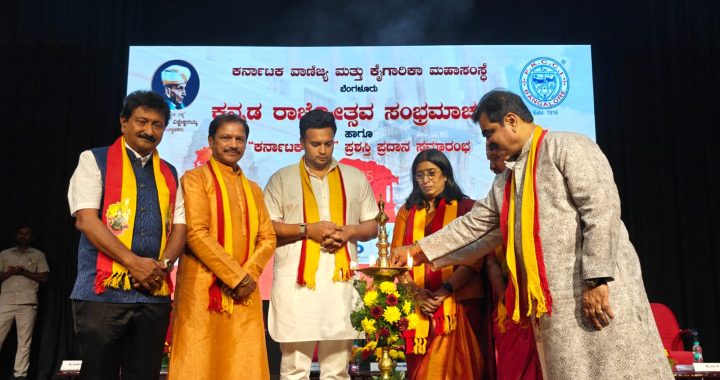In handling valuable paintings, just knowledge of solvent alone is not enough: Padma Shree S Subbaraman
2 min read
Mysuru: British people exploited us economically but took great care of ancient monuments, said Padma Shree awardee S Subbaraman, Retired Superintendent Archaeologist at ASI, India.
Delivering talk during the six-day Faculty Development Programme (FDP) on “Indian Knowledge Systems (IKS)” with a STEMS perspective (Science, Technology, Engineering, Mathematics and Society) organised by Vidyavardhaka College of Engineering’s (VVCE) Department of Electrical and Electronics Engineering at B C Lingaiah Hall here on Monday, S Subbaraman noted that, while the British exploited India economically, they took great care in conserving the country’s priceless ancient structures.

“In handling such valuable paintings, a man’s simply knowledge of solvent alone is not enough; of course, manual skills is required at the same time certain sense of artistic sensibility; he should have a feel for the painting; he should know the dealing with precious art objects; with that sense he has to approach” added Subbaraman.
Subbaraman also credited the Nizam of Hyderabad, for initiating the conservation of invaluable historical paintings, acknowledging the contributions of leaders in preserving India’s cultural heritage.

His speech delved into his personal experiences in archaeological conservation, particularly his work on the restoration of the Bamiyan Buddha statues in Afghanistan. Reflecting on the team’s efforts between June and October of 1977, Subbaraman recounted the challenges faced, including local opposition, which shifted as tourists began flocking to the site after the restoration started.
He also recalled the symbolic moment when the then External Affairs Minister Atal Bihari Vajpayee, handed over the restored statues to the Afghan government. Tragically, the Taliban destroyed the statues in 2001, a loss that Subbaraman described as deeply unfortunate.
Additionally, Subbaraman’s notable work includes conservation efforts at Ajanta Caves, Lepakshi Temple, Angkor Wat in Cambodia, and Brihadeeshwara Temple in Tanjore, showcasing his dedication to preserving India and the world’s rich cultural heritage.
The FDP aims to explore IKS’s philosophical foundations, its application in areas like water conservation, wellness, and mathematics, and its relevance to modern education.
The program will also highlight the Kannada vocabulary in IKS, enhancing its integration into contemporary academic discourse. The six-day FDP will conclude on February 22.
P Vishwanath, Secretary of VVS, Shobha Shankar, Vice Principal of VVCE, Gopal Reddy, Head of the Department of Electrical and Electronics Engineering, VVCE, Ashok Rao, Former CEDT, Bengaluru were also present.
– Team Mysoorunews

